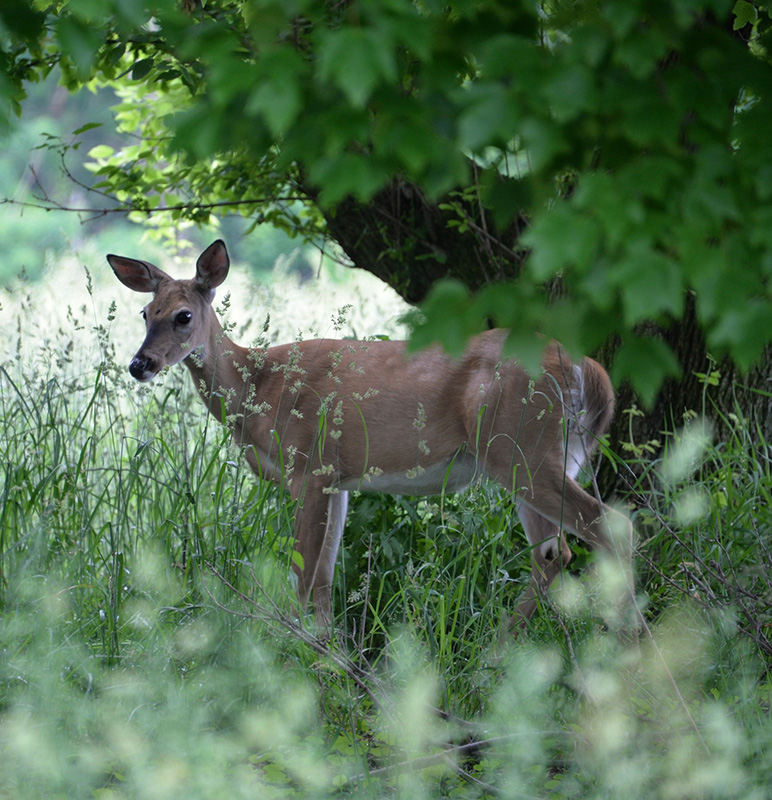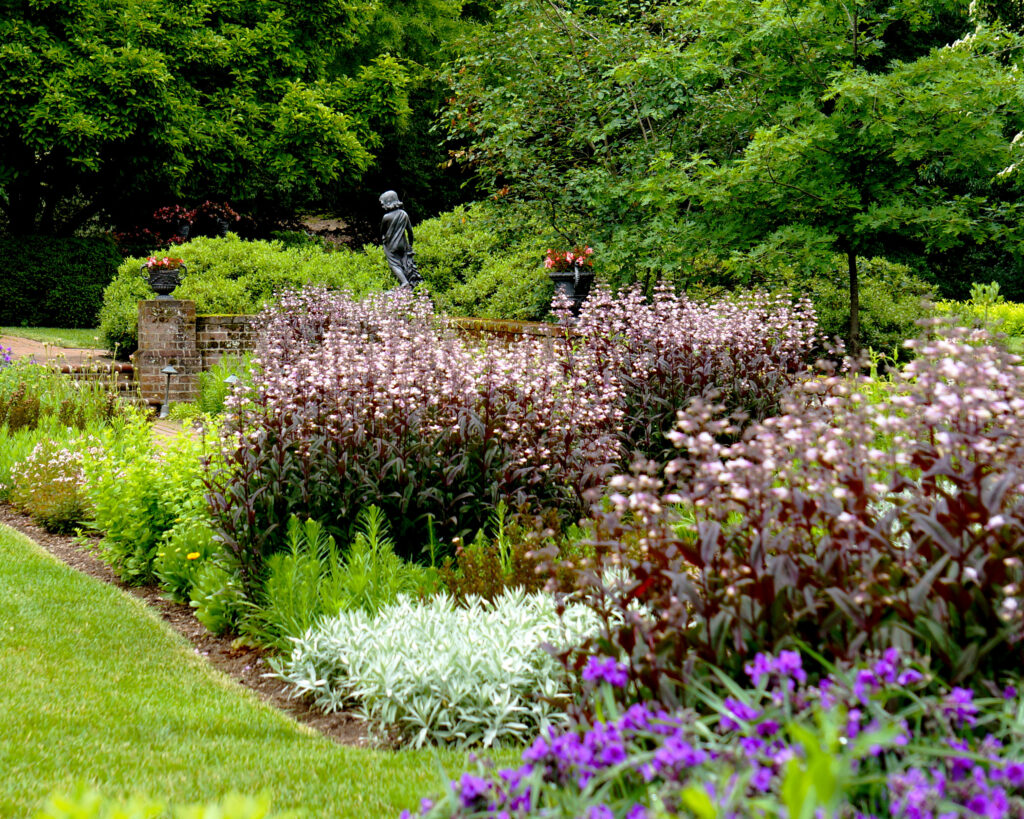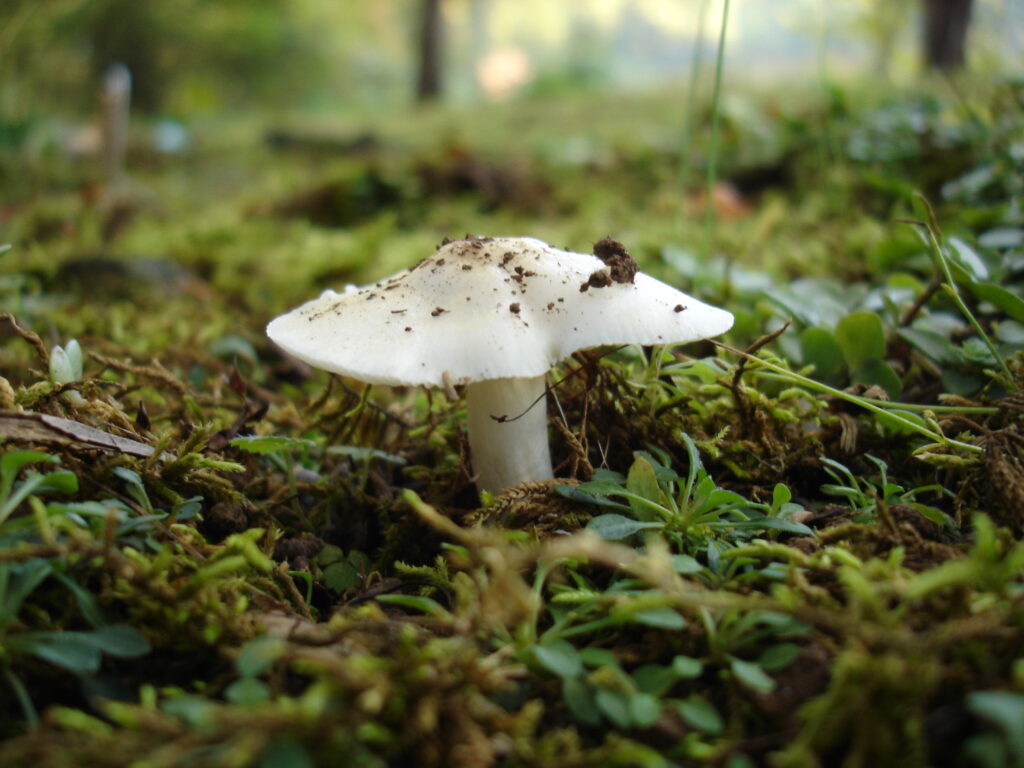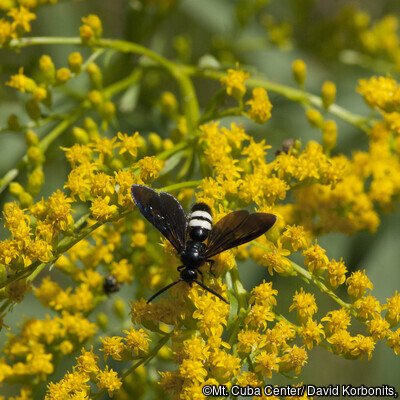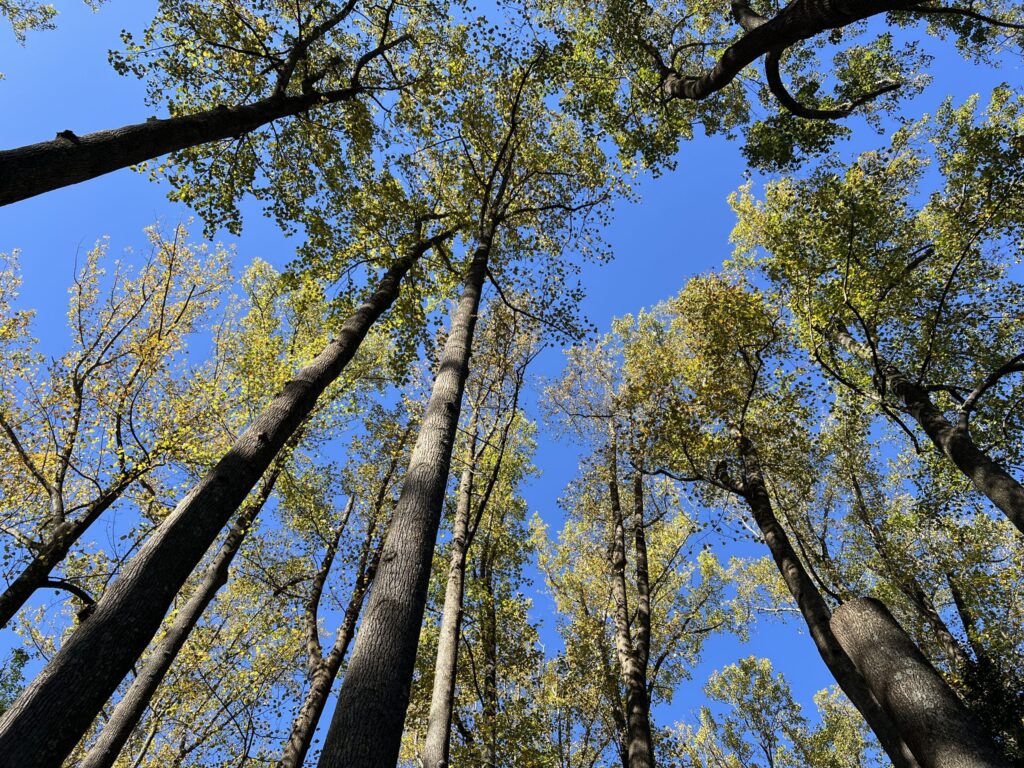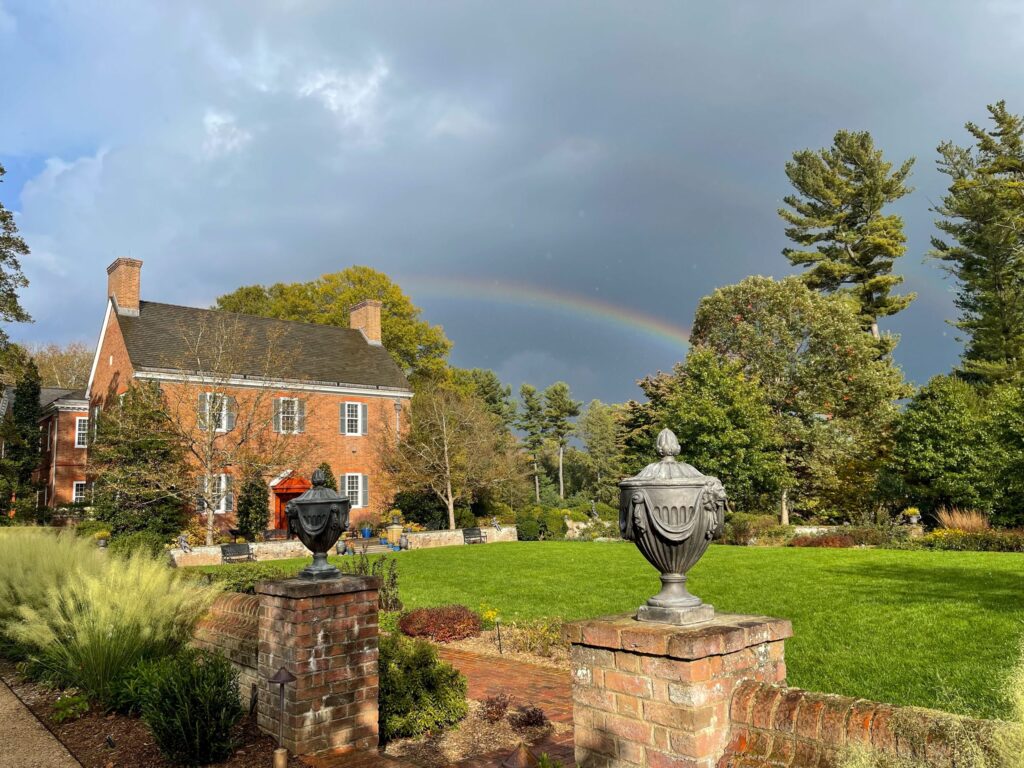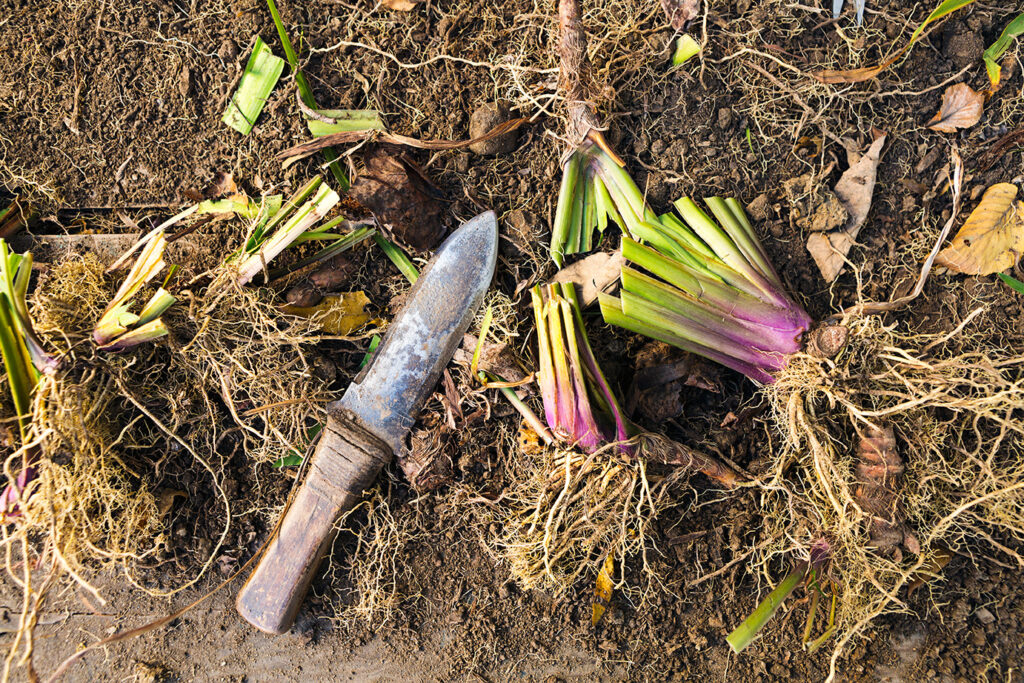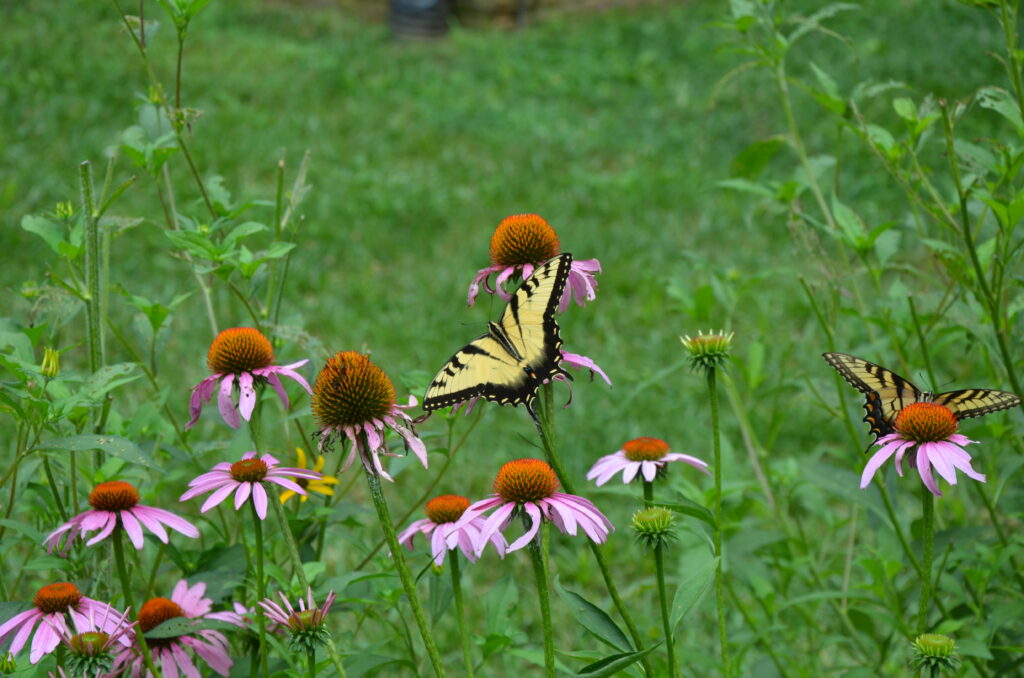Gardeners and native plant lovers often see deer as a threat: They eat the plants we try to nurture, and they are a major factor influencing forest ecosystems. But the truth about deer is complicated, and so is the quest to manage their numbers. How did we get here? Explore the many facets of the deer
MoreTake a rare winter walk through Mt. Cuba Center’s gardens and learn the skill of tree identification along the way. Recognize species based on subtle seasonal characteristics and develop observational techniques to assess bark, buds, bud scales, fruit and seed remnants, fallen leaves, and overall tree form. An introduction to key botanical terminology will build
MoreWhether you’re planning a complete garden overhaul or a new planting area, learn to navigate critical design principles that align with ecological gardening goals. By taking cues from local plant communities and environments, as well as considering the impact of garden inputs and maintenance, these principles aim to minimize common pitfalls associated with garden upkeep.
MoreLearn about the important identifying features of our local fungi. Discover some of the crucial roles they play in our ecosystems. Discuss what you can do to preserve fungal diversity in your area through community science and land stewardship. The lecture and discussion will be followed by a guided exploration of Mt. Cuba’s natural areas. Scout and
MoreCome fall, fields are painted gold with goldenrods. In spite of their beauty, goldenrods all too often get a bad rap as weedy – certainly not desirable garden plants! But there is great diversity among goldenrods, with over 70 species in the eastern U.S. Many are stunningly beautiful, and it is possible to select species
MoreTrees are the backbone of any landscape. With current pest and disease threats and the predicted change in our climate, we must adapt our practices to protect our trees from these stressors. Please join Mt. Cuba staff as we discuss our strategies for preparing our garden’s tree canopy for a changing climate. We will share
MoreTake next steps with an exclusive opportunity to work with one of the landscape designers involved in Mt. Cuba’s Master Plan and Glade Entrance Garden. This hands-on workshop dives into the craft of landscape design and how to create unforgettable spaces in collaboration with your favorite plants. Through quick, creative exercises, explore space, composition, seasonality,
MoreMaster the techniques of plant division to grow your garden without constant trips to the nursery. Learn how to divide prolific perennials and propagate shrubs from cuttings and suckers. Explore seed starting and cold sow native seeds in milk jugs in this hands-on workshop. All materials included. This program takes place in-person at Mt. Cuba
MoreLearn how to incorporate resilient native species into your garden. Discuss the merits of native plants and how they have adapted to their local habitats, including soil type, sun and shade patterns, moisture levels, and more. By planting the right plant in the right place, it should thrive with little extra care. Join the instructor on
MoreEnjoy the cooler evening temperatures in the gardens with our new happy hour – featuring extended hours and a full bar. Receive discounted admission of just $10 when you arrive after 4:30 PM and buy your tickets on-site, with free admission for members. Whether you’re looking for the perfect light for photography, a way to
More

